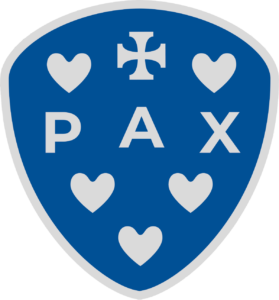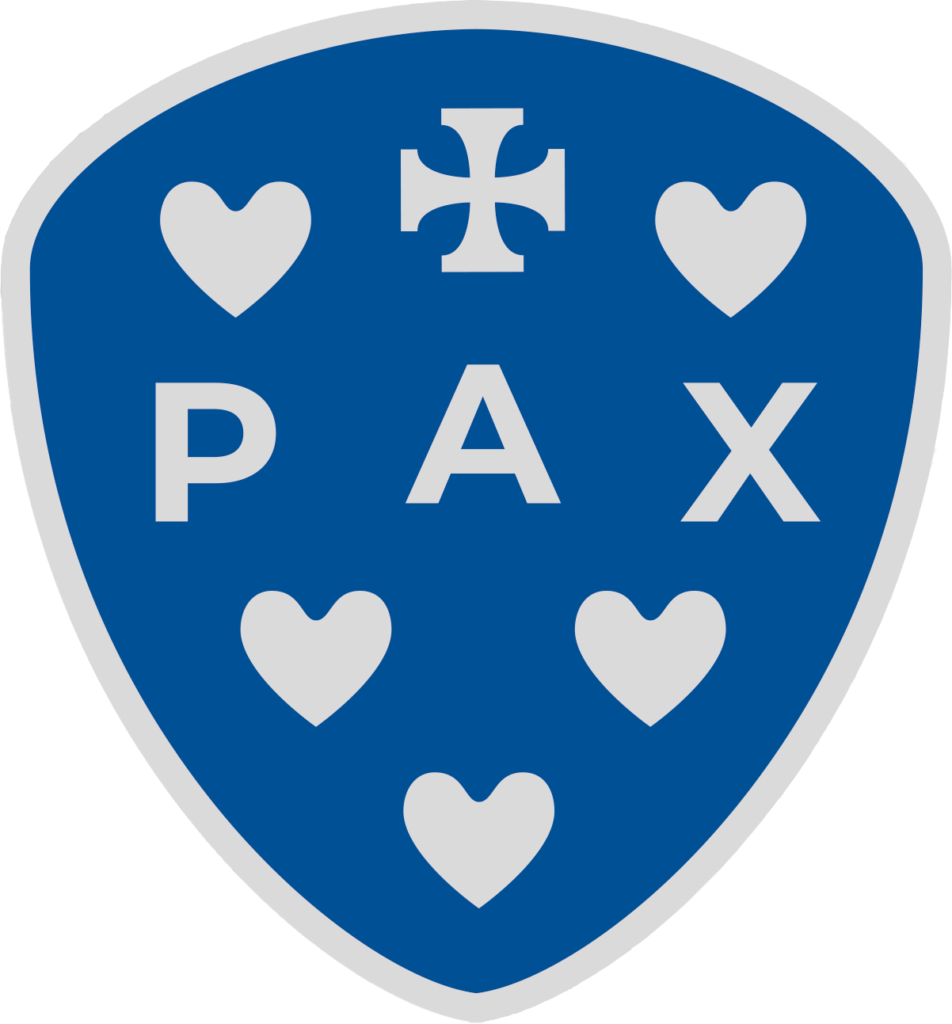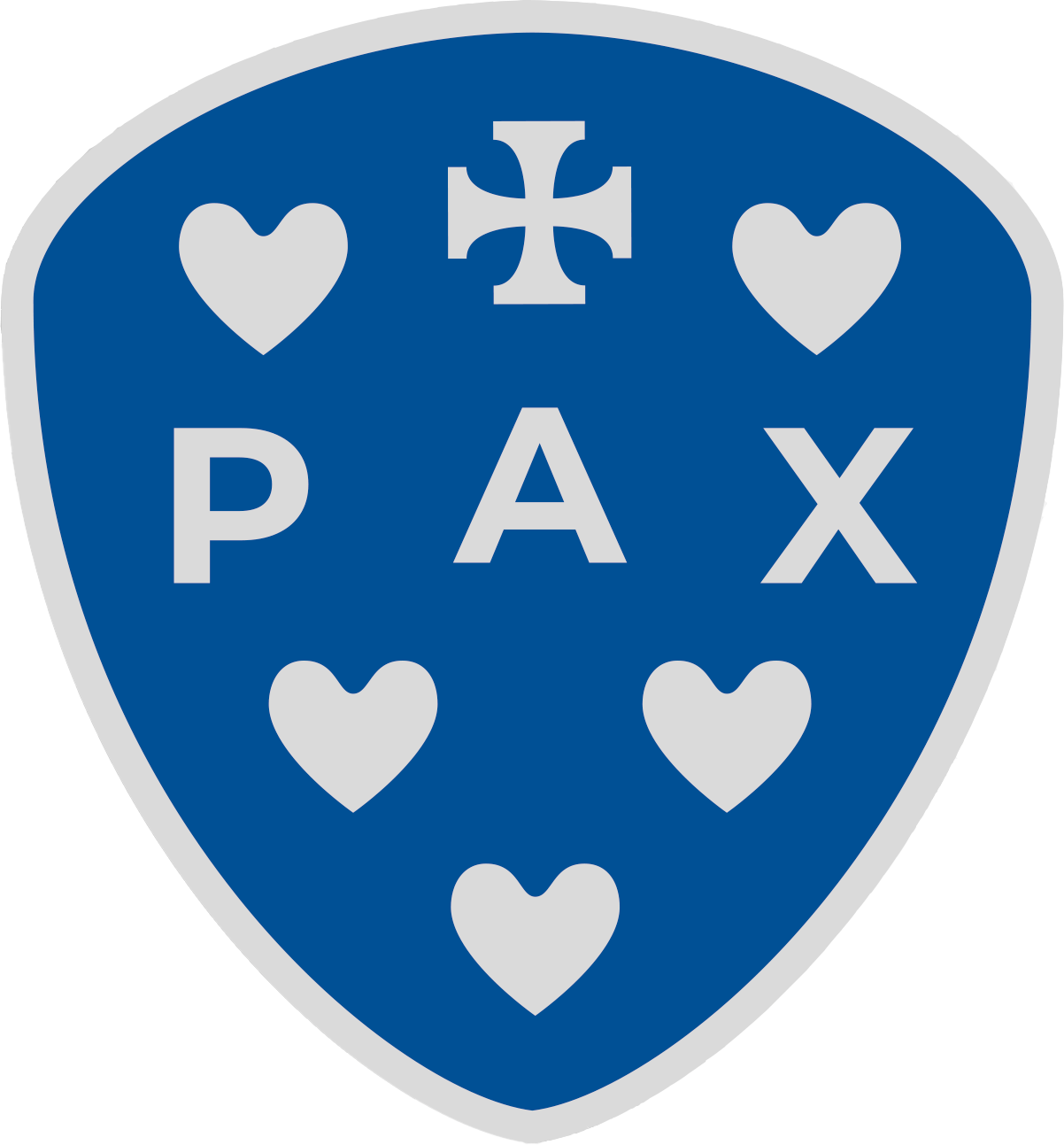Iskolánk tizenegy munkatársa 2016 nyarán részt vesz az Erasmus+ európai uniós tanári mobilitást segító programban. Pályázatunk címe: A Pannonhalmi Bencés Gimnázium versenyképességének és oktatási minőségének javítása a külföldi pedagógus továbbképzéseken való részvételeken és a testvériskolai kapcsolatokon keresztül. Az alábbi kurzusokon vettek részt munkatársaink. Beszámolóik ITT olvashatók.
Török Júlia Edinburgh: School of English Language a nd Methodology Refresher Secondary 24/07/2016–06/08/2016
Bakiné Farkas Ilona Scarborough:Intensive English Language Training (For School Administrators) 7/18/2016-7/31/2016
Kovács Alida Cambridge: Bringing British Culture to Life 3/7/16-16/7/16
Klimas Marcel Gloucester: European Teachers Of History At Secondary Level, saturday 02 July – sunday 10 July 2016
Lesták András Wien: Super-Intensivkurs in der ActiLingua Academy, 04.07. – 15.07.2016.
Hartyándi Mátyás Split: Drama in Education – Holistic Approach to Teaching with Drama Techniques 21-30 July 2016
Villányi Rita Firenze: „Master Class per insegnanti, total of 45 hours in 1 week”, 16.08.2016 – 19.08.2016
Szalai Zsolt Madrid: Dele Exam Preparation Course + General Spanish Course, July 4th to July 15th 2016
Barcza István Barcelona: Team Work as a Means for Enhancing Productivity 2016. aug. 8-12.
Borián Elréd Gellért OSB Málta: Fluency & English Language Development for Teachers,16-26 August 2016
Tamás Balázsné Limassol, Cyprus: Emotional Intelligence 01 – 05 August 2016.
A projektet az Európai Bizottság támogatta. A honlapon megjelentek nem szükségszerűen tükrözik az Európai Bizottság nézeteit.
A pályázat angol nyelvű leírása:
The Benedictine Secondary School of Pannonhalma is Hungary’s earliest educational place. It has been working for more than 70 years as an only-boys-boarding school. The boarding school’s construction began in 1939. The abbot and the prime minister wanted to start an ‘Italian’ secondary school with a huge emphasis on the Italian language and culture. This open-minded attitude and interest towards foreign languages and cultures are still present in the monks’ everyday life, in the students’ learning and the staff’s work. The school reserved its place in the European circulating through hosting guests from Switzerland, Germany, England, France, Italy, etc. and through its regular visits to its partner institutions in Meschede, Melk, Kremsmünster, Montecassino, etc. The school has been involved in exchange programmes with Romania, Slovakia, Austria and keeps offering scholarships for its own students in England, Austria, Germany, USA. Inside the institution the direction makes it possible to choose from 10 different foreign languages (ie. Italian, French, Arabic, Portuguese, Spanish, etc.).
In the project the school’s aim is to improve the quality of students-exchange-programs and to prosper the teaching staff’s methodological repertoire.
To accomplish these requires it is necessary to open towards new educational fields, e.g. science or history; the school wants to engage more none foreign language teachers; the principal’s goal is to make the teachers meet new teaching methodology and tools.
There are 10 teachers and one assistant to get involved in the mobility program: at the beginning of 2016 the 11 journeys are prepared. In the summer the staff take part in the courses abroad, finally they share their experience and multiple their knowledge during the folloing schoolyear. The project participants travel to 7 different European countries (Austria, Italy, Cyprus, UK, Malta, Spain) for their 7 to 14-day training sessions with 7 different learning areas: foreign language methodology courses, drama pedagogy, group dynamics, skills, language course, math and history.
As a project result the school gets 11 academic folders with 11 cultural and professional presentations. The staff gets new methodological ideas and teaching resources from 7 different fields. The project participants’ language skills improve, among them there are 5 teachers whose subjects are science, history or religion.
From them it is expected that they are have more willingness to attend school exchange trips or support partnership; they are supposed to use foreign language literature on their subjects. The intercultural group will increase their social, professional and cultural skills. The foreign-language courses improve the language skills of the teaching staff and increase the school’s competitiveness internationally.
In the long term, the principal expects that a successful project will motivate other colleagues to participate in ERASMUS + project in the future in order to maintain internationalization.


